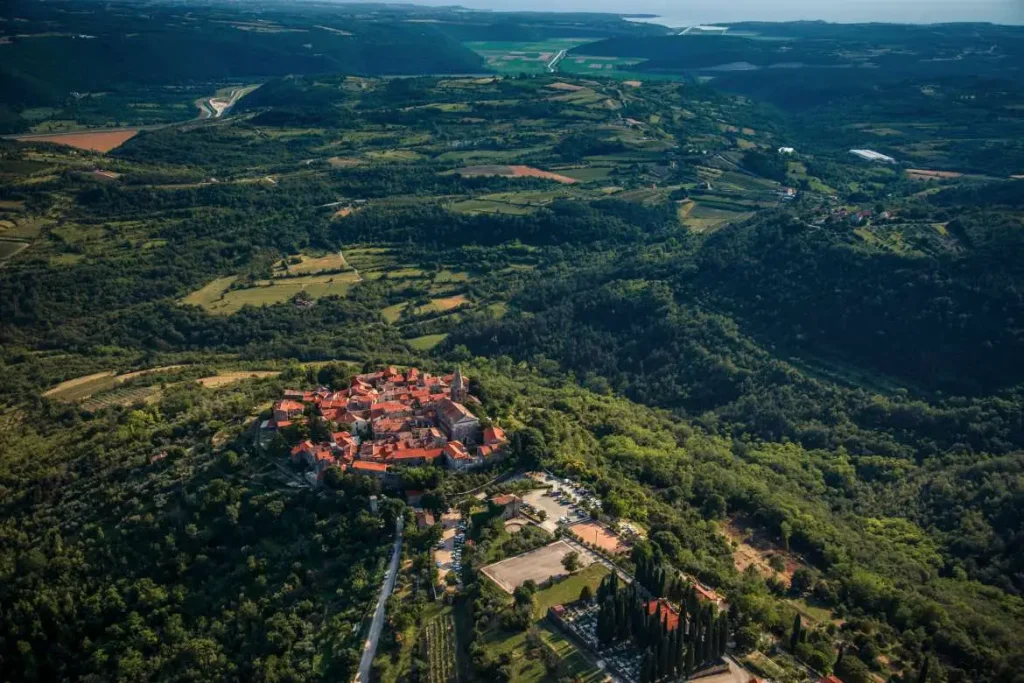Speaking in an interview with the Nova TV broadcaster, Đuroković said that this year’s drought had the most serious consequences in the regions where water consumption was the highest – in Istria and Istria County, where 300,000 tourists are currently staying.
“The water restrictions have been complied with, and water consumption has been reduced by around 15%, so the situation in Istria is under control for now,” he said.
He added that there were no problems with water supply in Zagreb, Rijeka, Split, and Osijek and that there were some problems in the area of Zadar but that they did not concern restrictions but a drop in pressure.
Asked if water restrictions could happen elsewhere in the country, he said that water restrictions were possible everywhere but that he believed appeals for sensible water use would result in water supply security.
“Croatia is a country with rich water resources. They should be protected from pollution, used sensibly, and Croatia should not have problems with water reserves,” he said. Asked if the period of drought had started too early this year, he said that there was much less precipitation this year than in previous years and that serious rainfalls were needed to help rivers recover.










